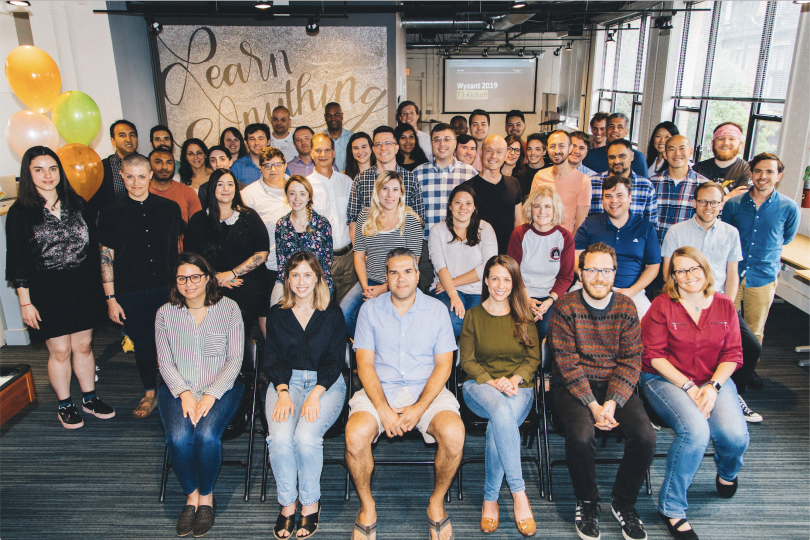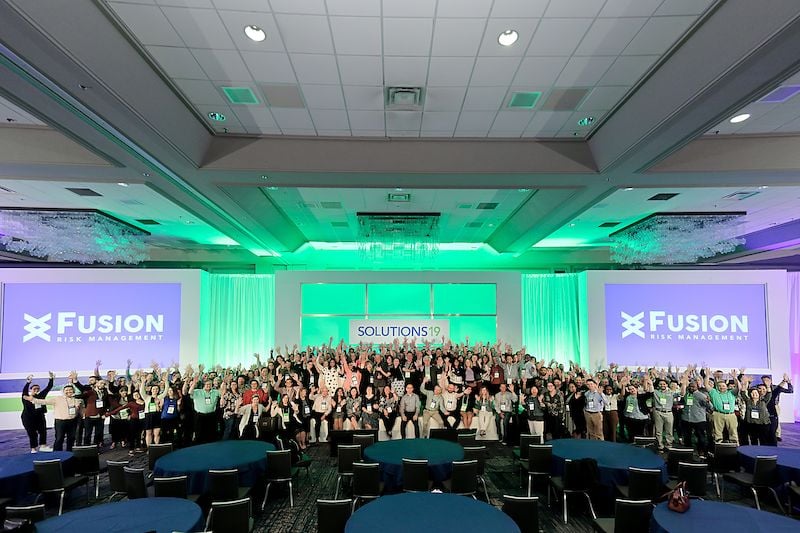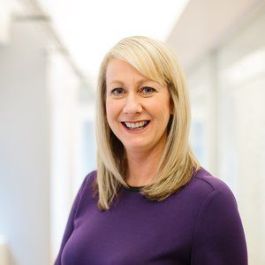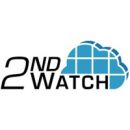
Customer success management is essentially relationship maintenance, built on the foundation that the client feels genuinely attended to at all times, especially when problems arise. But when it comes time to scale up, managing several accounts, including enterprise ones, requires more time. Hiring more customer success managers isn’t always sustainable.
That’s where technologies like CRM systems and macros that prefill emails come in. Effective automation allows companies to tactfully respond to a large number of clients at once while still empowering CSMs to give greater attention to the biggest problems.
Built In spoke with tech professionals from three Chicago companies — Fusion Risk Management, Aptitive and Wyzant — that have seen rapid growth. Wyzant, for example, went from two founders connecting students and tutors on college campuses to 2 million users and 80,000 instructors worldwide in less than a decade. They said automated customer success is inevitable, but it can’t succeed without human touch. All three respondents mentioned that customer success teams need to know how to analyze data and determine whether an issue can be solved through automation, or whether it requires personal outreach.
Fusion Risk Management’s team analyzes their conversations with clients through a CRM, while Wyzant examines email language to determine whether it requires an automated response or a human one.

Tracey Rice, SVP of customer success at Fusion Risk Management, said automation only comes into play following conversations CSMs have with clients. At the Chicago-based provider of risk management services, reports and dashboards offer the birds-eye view that CSMs need to create high-level strategies for clients.
When it comes to scaling your customer success team, what are the most important considerations and why?
It’s important that our customer success team is filled with empathetic, forward thinkers who are willing to go the extra mile for our clients. Their personalities are important. We also want a balanced client to customer success manager ratio so our CSMs can dedicate adequate time to each client in their portfolio. We’re using metrics like product adoption, license utilization and others to track their growth before and after joining the customer success program. We also lean on Fusion’s other departments to provide their subject matter expertise so we can focus on our roles — account management, product, delivery, support and solutions engineers — which all have an impact on the success of our clients’ programs.
What tools or technologies do you use to make customer success more scalable?
Right now we’re leaning heavily on virtual events and video to connect with all our clients regularly. We rolled out a three-part recurring series of engagements to foster a network of sharing among our clients. We hold monthly webinars spotlighting our client success stories during our customer spotlight series and new ways our products can be used during our product showcases. Since we had to postpone our seasonal, in-person regional user group meetings, we launched a weekly community exchange so clients can candidly discuss the challenges, successes and questions they face day-to-day. Letting our communities learn from each other gets them excited about new ideas, and the CSMs can help the ideas come to fruition more efficiently.
Automation comes into play when we take what we learn from our conversations, input it into our CRM and let the analysis do the work from there.”
How are you striking the right balance of automation and human touch?
We rely on regular conversations with our clients to ensure we have full insight into their program goals, executive priorities, challenges and opportunities. We’re a data-driven organization, so automation comes into play when we take what we learn from our conversations, input it into our CRM and let the analysis do the work from there. Reports, dashboards and scorecards are generated so we can analyze the breadth of our clients’ programs and strategize where the biggest opportunities to help them may be.
Aptitive CEO Paul Corning said the Chicago-based data and analytics consulting firm develops customized templates and tools for individual clients based on previous successes so they can be repeated throughout the customer lifecycle. But no template will suit every client, so the templates are unique to each based on their own processes.
When it comes to scaling your customer success team, what are the most important considerations and why?
We want repeatable successes for our clients, but we have to consider what makes each client unique to achieve that. Our technology projects have to address the people and process side of every client if we want to be successful. The most important thing is to reuse designs and maximize the productivity of our consultants with templates and tools, while still customizing the people and process solution for each client.
What tools or technologies do you use to make customer success more scalable?
By leveraging our prior project successes, we can apply best practices and be more likely to achieve the customer success that our clients want. We also extensively train our consultants in the latest technologies and build frameworks and templates that help our small teams be highly productive for client project work.
We hire only the brightest consultants and rely on their expertise to balance automation with high-touch people and process solutions.”
How are you striking the right balance of automation and human touch?
The key for Aptitive is a focus on high productivity across a small team of experts. We strive to deliver value to our clients aggressively and let the consulting team leverage the tools and automation that best apply in each client project. We hire only the brightest consultants and rely on their expertise to balance automation with high-touch people and process solutions.
Wyzant’s customer support team manager, Tim Janis, said the Chicago-based edtech platform handles a significant number of its 2 million users’ issues at one time by keeping multiple modes of communication open, sometimes even bypassing personal customer support by providing self-service solutions or auto replies to common problems. This allows CSMs to personally address more sensitive issues.
When it comes to scaling your customer success team, what are the most important considerations and why?
As a web-based platform, our product is constantly evolving. So one of our biggest challenges is ensuring training materials are up to date with changes on all of Wyzant’s platforms. That’s why the skill we seek most in a new team member is the ability to adapt to changes on the fly and incorporate new information into their daily processes. Even after six years at Wyzant, I still learn new things about our front-end and back-end platforms. As comprehensive as our training is, there is no way to distill every single thing a new hire will encounter in their day-to-day work into the process. So along with the ability to stay current with platform changes, curious new team members must also be collaborative, tech savvy and creative problem-solvers.
What tools or technologies do you use to make customer success more scalable?
In order to assist as many customers as possible, we offer support through a variety of channels throughout the day. While we traditionally focused on phone and email support, it can be very difficult to assist multiple customers at once using these channels. Live chat has really helped us increase the number of customers we can service concurrently.
Because we deal with a lot of similar customer interactions over time, we also use email macros to be as efficient as possible. Macros that prefill customer information and add a customizable email response really help make sure we can serve as many customers as possible while still providing a personalized touch. We have also started experimenting with automated email replies for common issues that do not require personalized assistance. By looking at the type of email a customer is replying to or the language used in their messages, we can automatically reply to provide a solution to their issue. Of course, we let the customer know that if they still have issues they can reply once more so a representative can assist further.
Maintaining up-to-date self-service resources for customers is also extremely important for scaling services. Providing customers the answers to their most frequently asked questions before they even reach out not only improves the customer’s overall experience but also ensures our representatives are available for inquiries that require more hands-on assistance.
We take a data-driven approach to everything we do at Wyzant, including our support operations.”
How are you striking the right balance of automation and human touch?
We take a data-driven approach to everything we do at Wyzant, including our support operations. All our customer interactions are tagged with metadata so we can review why the customer reached out and how we resolved their issue. This information has helped us automate support provided for issues that are always resolved the same way. Simple inquiries like account navigation and platform functionality are easily automated since the answers rarely change. More sensitive situations, such as customers' purchases or those involving multiple users or variables, should always be handled by an actual representative. These interactions are harder to automate, and customers want to feel there is a real person there to take care of them and listen to their concerns while providing a solution tailored to their specific issue.









